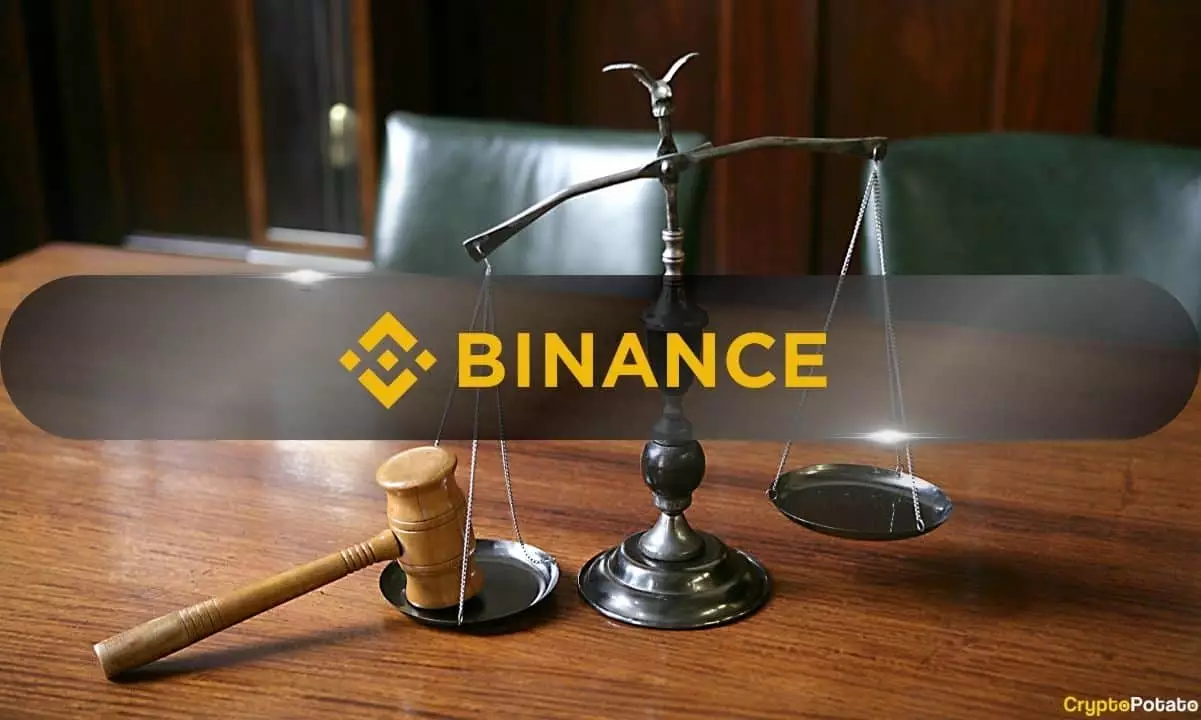The cryptocurrency landscape is fraught with complexities, especially when cross-border exchanges like Binance come under scrutiny for adhering to local regulatory frameworks. The year 2024 has ushered in significant legal challenges for Binance, one of the largest cryptocurrency exchanges globally, particularly following the U.S. Supreme Court’s recent refusal to consider an appeal from the exchange and its founder, Changpeng Zhao. This refusal sets the stage for a series of lawsuits that test the application of U.S. securities laws to foreign entities.
In early March 2024, the U.S. Court of Appeals for the Second Circuit reached a pivotal ruling: it concluded that Binance, despite its lack of a physical presence on U.S. soil, is bound by American securities regulations. This decision stemmed from a lawsuit initiated by investors claiming that Binance engaged in the unauthorized sale of unregistered tokens, resulting in significant financial losses as the values of these tokens plummeted. The court’s reasoning hinged on the nature of the transactions conducted by U.S.-based investors, which became irreversible once executed on U.S. soil. The implication here is clear: even if a company operates outside U.S. borders, it may still be subject to regulation if it conducts significant business with American clients.
The Supreme Court’s refusal to hear the appeal signifies the end of the road for Binance in contesting this ruling. This dismissal not only validates the appellate court’s judgment but also suggests that emerging digital platforms must adapt to a convoluted regulatory environment. For Binance, this means that their business operations in the U.S. are under an additional layer of scrutiny and could lead to significant financial and legal repercussions.
The issues facing Binance are not isolated. They represent a broader concern about how cryptocurrency platforms navigate various regulatory landscapes, particularly when it comes to servicing clients in jurisdictions with stringent rules. In December 2023, the Securities and Exchange Commission (SEC) accused Binance of allowing U.S. citizens to trade in cryptocurrencies classified as securities without the necessary registration. The SEC’s involvement underscores the increasing regulatory vigilance in the crypto sector, aiming to protect investors from potential fraud or loss—something that has become all too common in the volatile world of digital assets.
Moreover, Binance’s troubles extend beyond American securities law. The exchange is embroiled in a multitude of legal issues, including a significant settlement with the U.S. Department of Justice for $4.3 billion over anti-money laundering and terrorism financing violations. These legal entanglements highlight the numerous challenges companies face when operating internationally in an arena that is rapidly evolving but still lacks a cohesive regulatory framework.
The ramifications of these legal disputes extend far beyond Binance and involve the broader investor community. The ongoing class-action lawsuit initiated by disgruntled investors alleges that Binance misled them about the risks associated with various tokens traded on its platform. As this litigation unfolds, investors are likely to face difficulties recovering losses, raising questions about the security and trustworthiness of investing in cryptocurrencies overall.
Additionally, Changpeng Zhao’s legal woes—most notably being held accountable for not implementing adequate anti-money laundering procedures—cast a cloud over his leadership. While Zhao has been instrumental in driving Binance’s growth, these legal challenges could tarnish his reputation and that of the exchange, potentially influencing investor sentiment and adoption.
Binance’s ongoing legal challenges reflect a critical moment in the regulation of cryptocurrencies and foreign exchanges. With the Supreme Court affirming that U.S. laws can apply to entities outside its borders in certain circumstances, it is evident that the crypto industry must prepare for a future where compliance with international regulations becomes the norm, rather than the exception.
As the landscape continues to shift, it will be crucial for cryptocurrency businesses to take proactive measures in establishing compliance frameworks that meet the evolving expectations of regulators worldwide. Legal scholars and industry experts will be keenly watching how these cases unfold and their implications for the future of cryptocurrency regulation in the United States and beyond.
















Leave a Reply